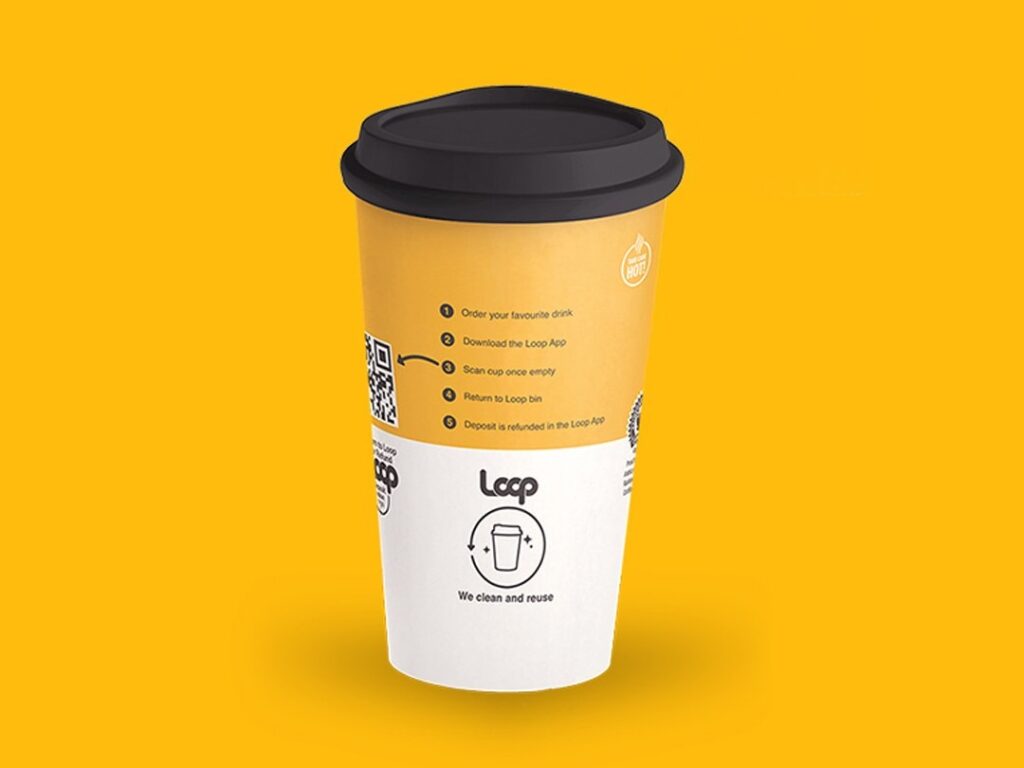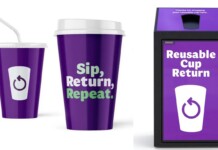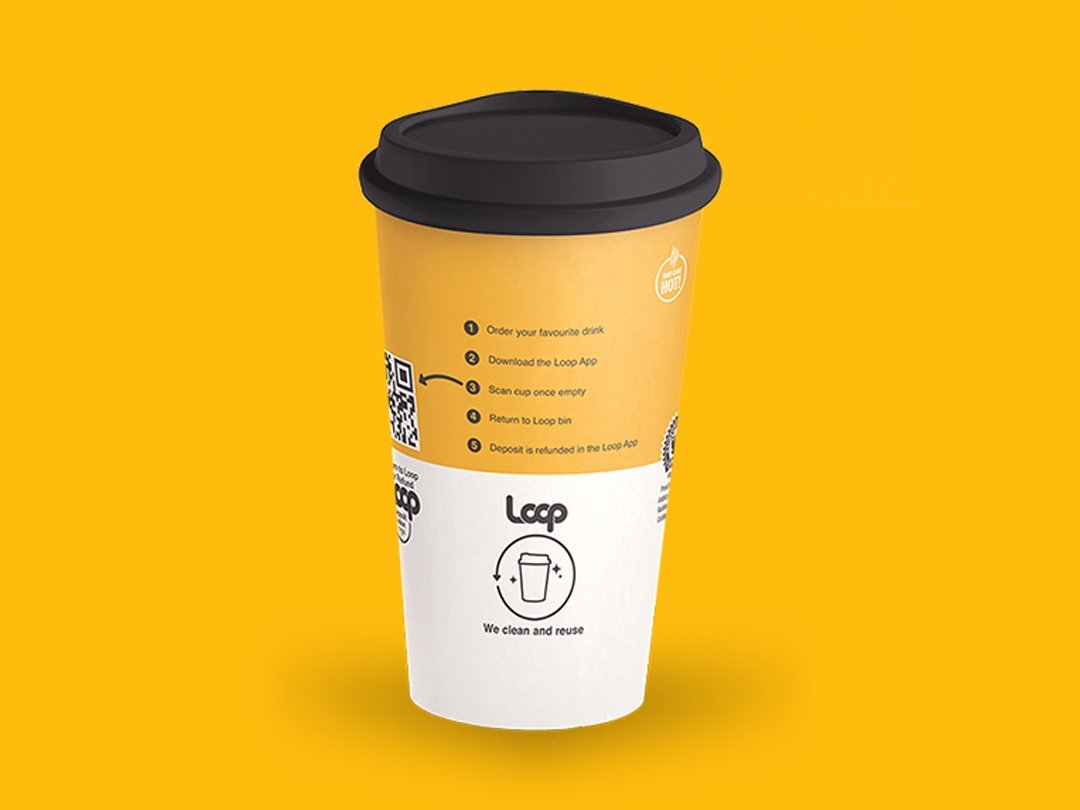McDonald’s UK will begin testing a new system of reusable, returnable cups to cut back on the demand for hot beverage to-go containers now that 600 billion of them are produced each year around the world.
Instead of relying merely on biodegradable or recyclable cups, McDonald’s vice president of global sustainability, Jenny McColloch, is opting for a reusable system of drink cups made by a company called Loop.
This initiative aims to give consumers a greater sense of responsibility towards the cup, and waste in general.

In their system, a small deposit will be paid on each cup which will be returned to the buyer upon its deposit into a special in-store bin, or at collection points in other participating stores across the country, like Tesco, where they can be rounded up and brought to a facility to be sterilized and sent back to the restaurants to be used again.
“You can now leave the restaurant with it and deposit it anywhere,” says Tom Szaky, CEO of Loop. “So you get that sort of to-go experience fulfilled, and you don’t have to deal with anything other than depositing it back in the Loop ecosystem.”
RELATED: Starbucks and McDonald’s Aim to Replace 250 Billion Paper Coffee Cups with Recyclable Alternatives
German McDonald’s, as well as American companies like Starbucks and Peet’s Coffee, offer small discounts for customers who bring in their own cup, but—in part because of the inconvenience of bringing a tumbler everywhere—relatively few java drinkers take advantage of the deal.
Loop and McDonald’s are taking inspiration from Germany’s ReCup, one of the finalists of the NextGen Cup Challenge, a contest sponsored by McDonald’s and Closed Loop Partners, that was launched last year to try and find the best solutions for to-go cup sustainability problems.
ReCup works much the same as Loop—it’s a sort of “bike-sharing but for cups,” and McColloch hopes to ascertain how the system will work at an organization like McDonald’s.
In the UK, many franchises and small cafes are using recyclable hot beverage cups, which require the inner-lining to be removed before the outer cardboard-like material can be recycled. However, even these cups have a lifecycle before the molecular structure of the material breaks down, and they are not reusable.
Loop is hoping for 100 deployments from each cup, a marked increase over traditional ones, while McDonald’s and McColloch hope that the more restaurants implement these sorts of measures, the greater the infrastructure for broad circular economic activity will grow to be, allowing more and more companies to join in eco-friendly practices.
Thanks A Latté For Sharing The Good News With Your Friends On Social Media…




















